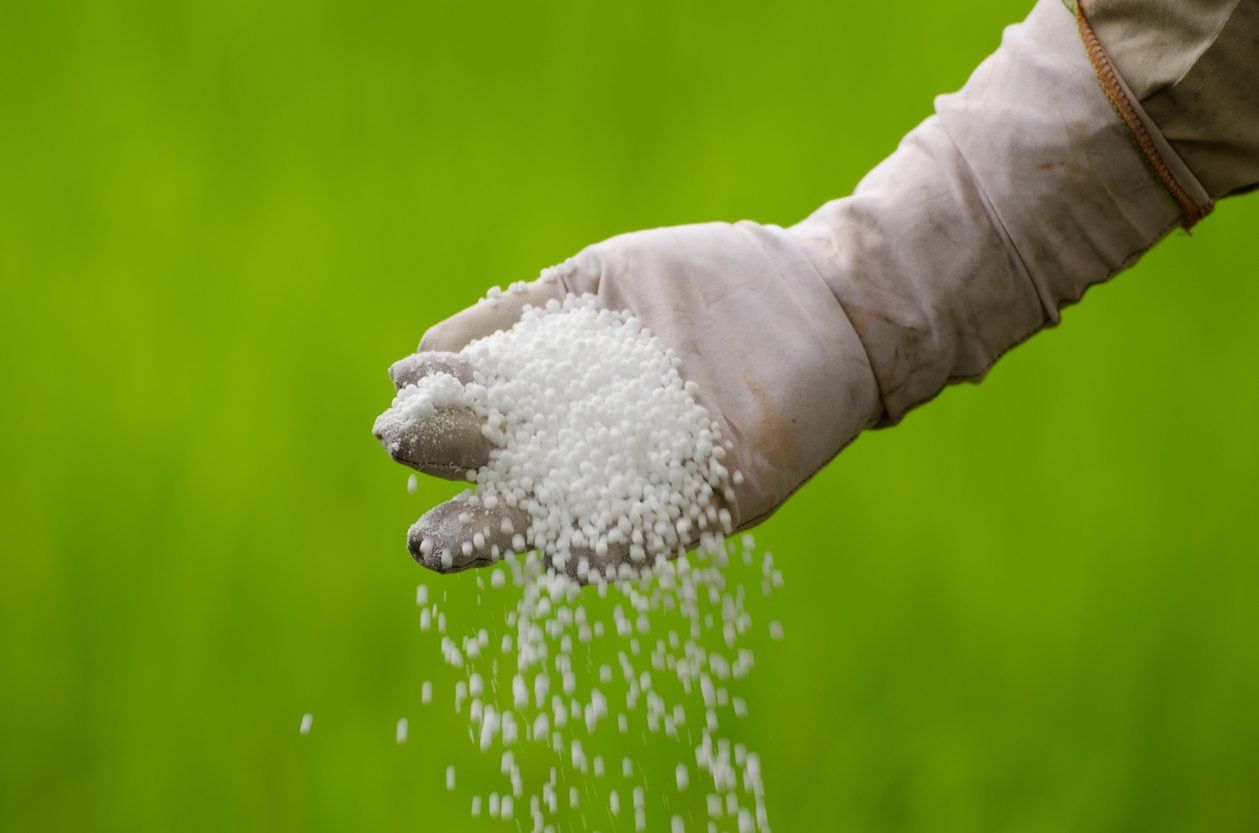Understanding Nitrogen Requirements For Plants


Understanding nitrogen requirements for plants helps gardeners supplement crop needs more effectively. Adequate nitrogen soil content is necessary for healthy plants. All plants require nitrogen for healthy growth and reproduction. More importantly, plants use nitrogen for photosynthesis. While native plants are better adapted to their surroundings and oftentimes less affected by nitrogen deficiency, in plants such as vegetable crops, supplemental nitrogen may be required.
Nitrogen Deficiency in Plants
Good crops depend on an adequate supply of nitrogen. Most nitrogen is naturally present in the soil as organic content. Nitrogen deficiency in plants is more likely to occur in soils that are low in organic content. However, nitrogen loss due to erosion, runoff, and leaching of nitrate can also cause nitrogen deficiency in plants. Some of the most common symptoms of nitrogen deficiency in plants include the yellowing and dropping of leaves and poor growth. Flowering or fruit production may also be delayed.
Nitrogen Requirements for Plants
As organic matter decomposes, nitrogen is slowly converted to ammonium, which is absorbed by plant roots. Excess ammonium is turned into nitrate, which plants also use to produce protein. However, unused nitrates remain in the groundwater, resulting in leaching of the soil. Since nitrogen requirements for plants vary, supplemental nitrogen fertilizer should only be used in the correct proportion. Always check the nitrogen analysis on chemical fertilizer packaging to determine the percentage amount of nitrogen present. This is the first of three numbers on the package (10-30-10).
Raising Soil Nitrogen
There are several ways to add nitrogen to soil. Supplemental nitrogen is usually provided by using organic or chemical fertilizers. Plants obtain nitrogen through compounds containing ammonium or nitrate. Both of these can be given to plants through chemical fertilizers. Using chemical fertilizer to add nitrogen to soil is faster; however, it is more prone to leaching, which can be harmful to the environment. Building up levels of organic matter in the soil is another way of raising soil nitrogen. This can be achieved by using organic fertilizer in the form of compost or manure. Growing legumes can also supplement soil nitrogen. Although organic fertilizer must be broken down in order to release compounds containing ammonium and nitrate, which is much slower, using organic fertilizer to add nitrogen to soil is safer for the environment.
High Nitrogen in Soil
Too much nitrogen present in the soil can be just as harmful to plants as too little. When there is high nitrogen in soil, plants may not produce flowers or fruit. As with nitrogen deficiency in plants, the leaves may turn yellow and drop. Too much nitrogen can result in plant burning, which causes them to shrivel and die. It can also cause excess nitrate to leach into groundwater. All plants need nitrogen for healthy growth. Understanding the nitrogen requirements for plants makes it easier to meet their supplement needs. Raising soil nitrogen for garden crops helps produce more vigorous-growing, greener plants.
Gardening tips, videos, info and more delivered right to your inbox!
Sign up for the Gardening Know How newsletter today and receive a free copy of our e-book "How to Grow Delicious Tomatoes".

Nikki Tilley has been gardening for nearly three decades. The former Senior Editor and Archivist of Gardening Know How, Nikki has also authored six gardening books.